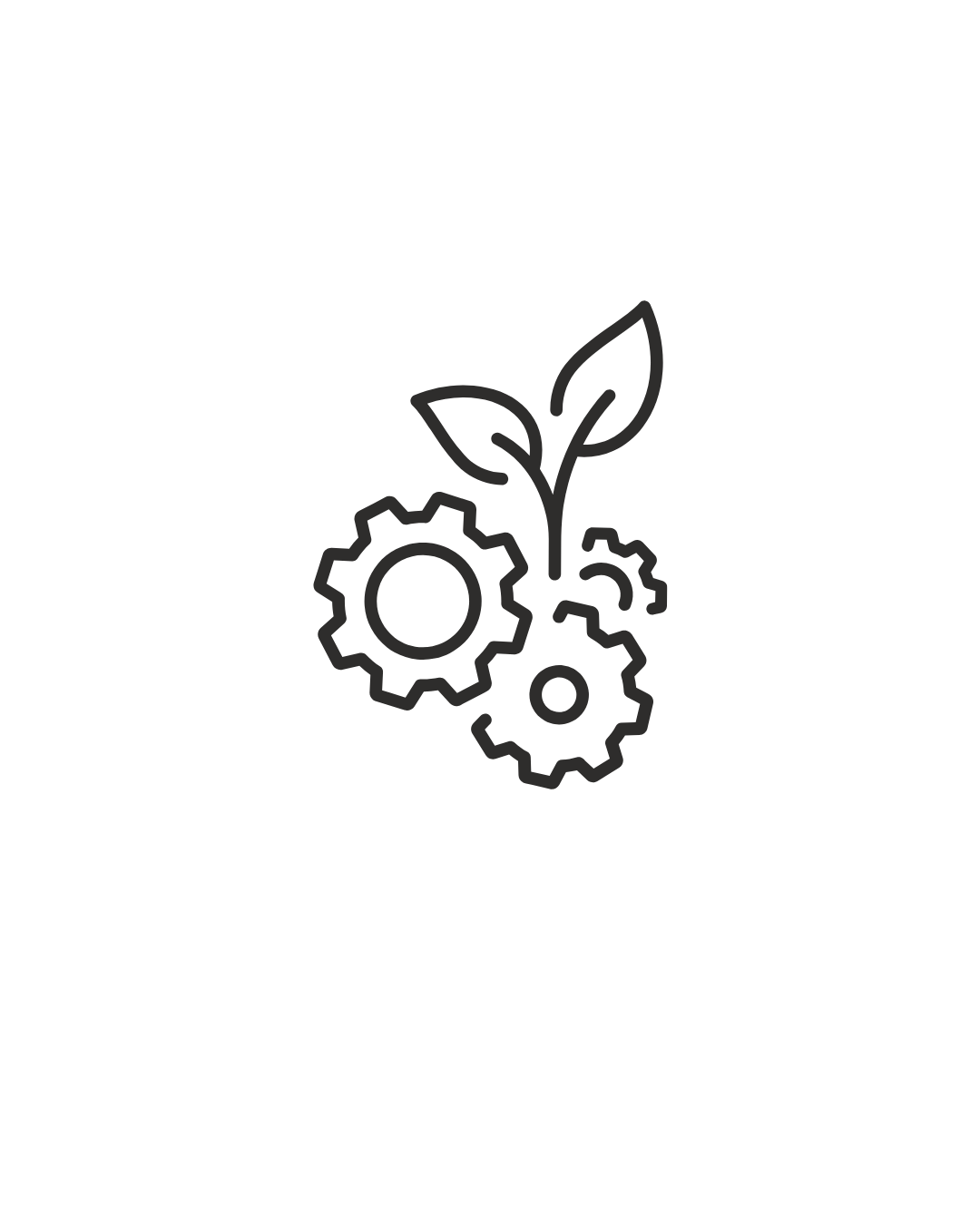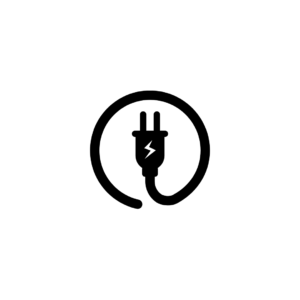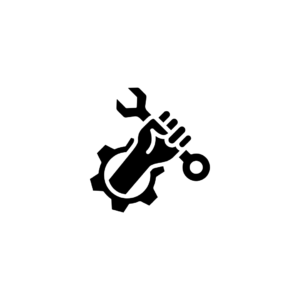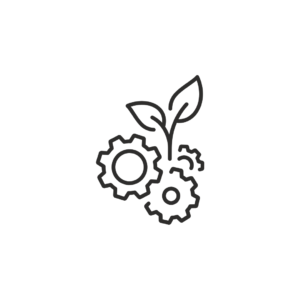Description
A Bachelor of Science in Biotechnology (B.Sc. in Biotechnology) is an undergraduate degree program that focuses on the application of biological sciences and technologies to develop products and processes that improve human life and the environment. This interdisciplinary field combines elements of biology, chemistry, engineering, and information technology, preparing graduates for a variety of careers in research, healthcare, agriculture, and environmental science.
Curriculum Overview
The B.Sc. in Biotechnology program typically includes a mix of core courses, electives, and laboratory work, emphasizing both theoretical knowledge and practical skills. Here are some common subjects and topics covered in this program:
Fundamentals of Biology:
Introduction to basic biological concepts, including cell biology, genetics, and microbiology.
Biochemistry:
Study of the chemical processes and substances that occur within living organisms, including metabolism and enzyme function.
Molecular Biology:
Exploration of the molecular mechanisms of biological activity, DNA/RNA structure and function, and gene expression.
Microbiology:
Examination of microorganisms, their characteristics, and their role in health, disease, and environmental processes.
Genetic Engineering:
Techniques and applications of genetic modification, including recombinant DNA technology and CRISPR.
Bioprocess Engineering:
Principles of designing and optimizing processes for the production of biochemical products, including fermentation technology.
Plant and Animal Biotechnology:
Applications of biotechnology in agriculture and animal science, including genetic modifications for improved traits.
Immunology:
Understanding the immune system, antibody production, and applications in diagnostics and therapeutics.
Bioinformatics:
Utilization of computational tools and methods for analyzing biological data, including genomics and proteomics.
Environmental Biotechnology:
Study of biotechnological applications in environmental management, including bioremediation and waste management.
Pharmaceutical Biotechnology:
Exploration of biopharmaceuticals, drug development processes, and regulatory aspects of biotechnology products.
Laboratory Techniques and Skills:
Practical training in laboratory techniques, such as PCR, electrophoresis, chromatography, and cell culture.
Capstone Project/Research:
An integrative project or research experience that allows students to apply their knowledge and skills to real-world biotechnology problems.
Career Opportunities
Graduates with a B.Sc. in Biotechnology have a wide range of career opportunities in various sectors, including healthcare, research, agriculture, and environmental management. Some potential job roles include:
Biotechnologist: Conducting research and development to create new products and processes in biotechnology.
Research Scientist: Working in laboratories to conduct experiments and analyze data in various fields of biotechnology.
Quality Control/Quality Assurance Analyst: Ensuring that biotechnological products meet quality and safety standards.
Clinical Research Associate: Managing clinical trials and collecting data to evaluate the efficacy of new drugs and treatments.
Regulatory Affairs Specialist: Ensuring compliance with government regulations and guidelines for biotechnology products.
Bioprocess Engineer: Designing and optimizing processes for the production of biotechnology products, such as vaccines and enzymes.
Bioinformatics Specialist: Analyzing biological data using computational techniques to support research and development.
Genetic Counselor: Providing information and support to individuals regarding genetic disorders and testing.
Biotechnology Sales/Marketing Specialist: Promoting and selling biotechnology products and services to healthcare providers and research institutions.
Environmental Consultant: Applying biotechnological principles to address environmental issues, including waste management and bioremediation.
Further Education
Graduates who wish to advance their education may pursue a Master?s degree or Ph.D. in Biotechnology, Molecular Biology, Genetics, or related fields. Specializations in areas such as pharmaceutical biotechnology, agricultural biotechnology, or bioinformatics are also options for further study.
If you have more specific questions about the curriculum, career paths, or any other aspects of a B.Sc. in Biotechnology, feel free to ask!









